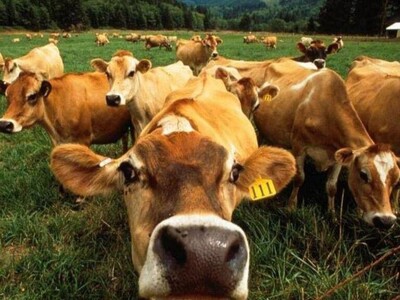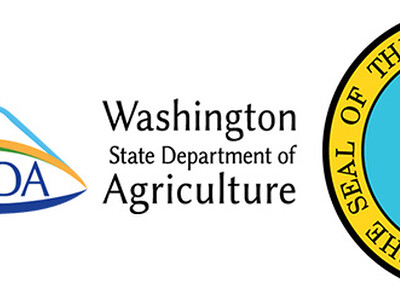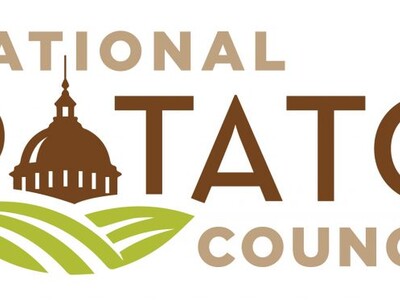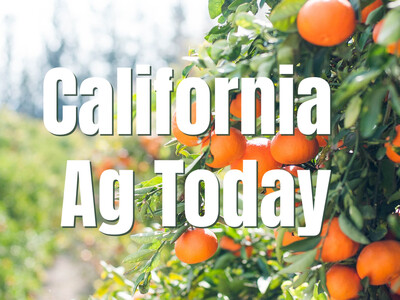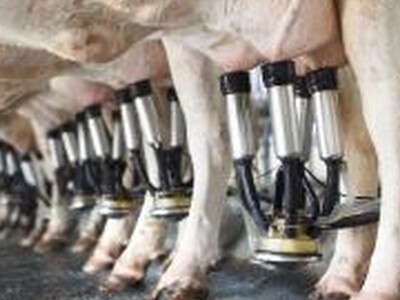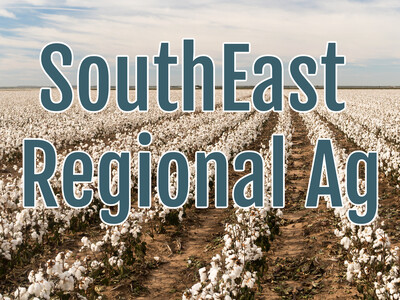Bees, Dust Storms and Wildfires
Bees, Dust Storms and WildfiresI'm Lacy Gray with Washington Ag Today.
Bees are well known for making honey, but according to Tim Hiatt, beekeeper from Ephrata and member of the Washington Beekeepers Association, they do so much more than that. That's why beekeepers in the state recently swarmed Olympia lobbying for SB 5017, which would give beekeepers the same tax relief provided to other ag producers, and HB 1654, which would require the state Noxious Weed Control Board to evaluate the advantages of replacing pollen and nectar rich noxious weeds with plants with similar benefits for honeybees.
HIATT: We do contribute greatly to agriculture; bees make possible the billions that tree fruit growers, seed growers and berry growers are able to harvest. Beekeepers should be considered farmers. I don't know why they're not. It seems obvious; we're regulated by the Washington State Department of Agriculture, by the USDA. We fill out National Ag Statistic Service surveys annually. We depend on good weather for our bees to do well, just like farmers.
SB 5017 has passed the Senate Agriculture, Water and Rural Economic Development Committee, and is awaiting approval from the Senate budget committee.
According to state Department of Ecology atmospheric scientist Clint Bowman the potential for dust storms and wildfires during this year's spring and summer thunderstorm season will be greatly increased due to dry fields and forest beds brought on by warmer than average temperatures and the lowest snowpack in the state in ten years. Strong winds blowing over loose soil on fields can cause extremely intense desert-style storms. For more information on state drought conditions visit Ecology's website.
That's Washington Ag Today.
I'm Lacy Gray with the Ag Information Network of the West.




